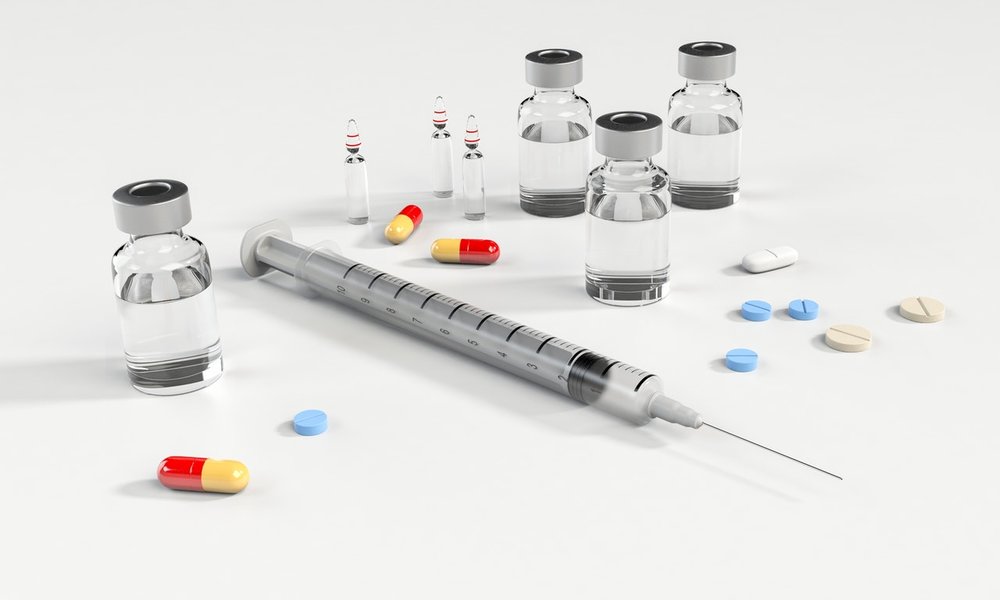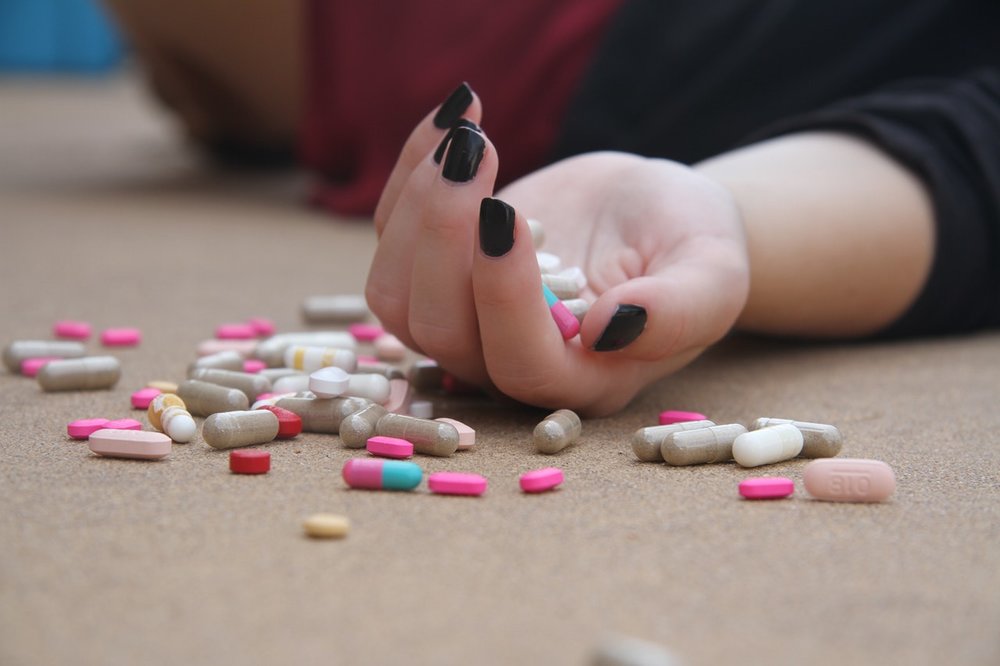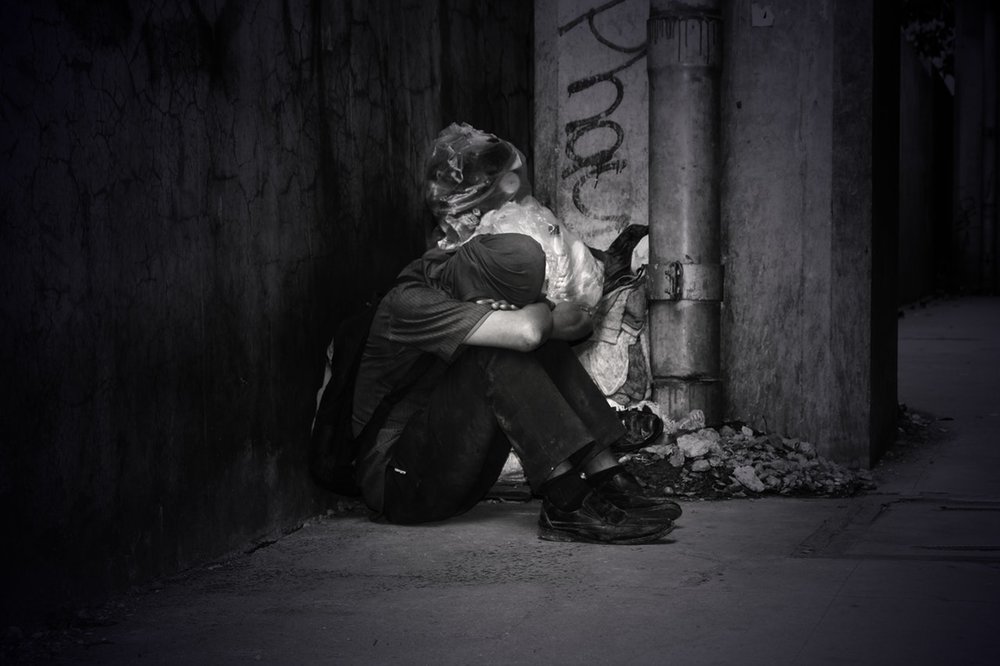Identifying The Issue

One of the most difficult aspects of dealing with any addiction is admitting or identifying when the addictive cycle has gotten a hold of an individual. This is especially true when the individual is a loved one. We all want the best for our loved ones, and hate to think of them as having a personal problem especially one they may not be able to solve on their own. This tendency to want to see the best in those we love is a very natural tendency. However when dealing with addiction it makes the identification of a potential or actual addiction issue even harder for one to spot. Simply said, we do not want to see what our senses are showing us. At extremes this can become denial of the reality in front of us. This is harmful to ourselves, our ability to function as well as not being helpful for the addict.
Breaking The Stigma Of Addiction

Added to this is the persistent nature of the cultural stigma associated with addiction. Even today some in our community view addiction as a moral failing on the part of the addict. This is an outmoded view of substance use disorder and has no clinical or medical support. If however we were taught this view of addiction it can be easy to view our loved ones as failing in some respect or as having a moral or constitutional shortcoming. If you gain no other insight from this article please believe these words, addiction is not a shortcoming it is a disease. Your loved one is suffering. If a loved one had cancer that was ravaging their body we would not look down on them as lacking the moral fiber to overcome the cancer. Rather, we would look upon them with empathy and compassion. While at the same time firmly insisting that they seek every known medical remedy for their disease. I urge every reader who has a loved one suffering from addiction to take this same point of view.

Spotting The Signs Of Opioid Addiction
As with cancer, the sooner we can identify a potential substance use disorder as it develops the easier it will be to solve the problem and help the individual to a full and speedy recovery. Unlike with cancer and other bodily diseases wherein the sufferer once diagnosed freely admits they have a problem. Substance use disorder is characterized by the seeming inability of the suffer to admit they have a problem. Due to this challenge I have undertaken in this article to list several early signs of an additive cycle. Please find below a descriptions of many of the early signs and symptoms of addiction. These should prove useful for the loved ones of anyone currently using opioids and other addictive substances.
- Unexplained or excessive absences from work or school
- Negative consequences at work or school
- Hyper emotional behavior
- Loss of interest in hobbies, activities that used to be important to the individual
- Withdrawal from friend and family relationships
- Important engagements are not attended
- Important commitments are not fulfilled
- The individual continues to use in the face of consequences
- Drugs , alcohol, and using behavior is a consistent topic of conversation
- Disrupted sleep patterns (Sleeps far more or far less than usual)
- Persistent financial problems (never enough money)
- Increased levels of secrecy about activities and lifestyle
- Minimization of responsibility when questioned about life circumstances
- Excessive itchiness of skin
- Persistent sniffles or runny nose
- Rapid weight loss
- Consistent defensiveness
- Inability to deal with normal levels of stress
- The individual looks paler than usual
- Loss of control over the amount of a substance (including alcohol) consumed
The above list is not meant to be inclusive of every possible scenario. It would be impossible to create such a list as the behavior patterns of people vary. Instead it is meant to give a rough picture of the emotional, mental, and behavioral changes that can be an early sign of substance use disorder. If you are concerned that a loved one may be suffering from addiction seek a consultation with a qualified professional immediately. The old saying of, an ounce of prevention is worth a pound of cure is never more appropriate than when dealing with addiction. If in reading this article you find yourself wondering if you or someone you love has a problem please reach out to us right away. We can provide a no obligation no cost substance use disorder evaluation that may save years of heartache for your loved one and your family, and in many cases may save his or her life. We are here to help.
Your friend in service,
Rob Campbell
VP of Communications & Market Development



